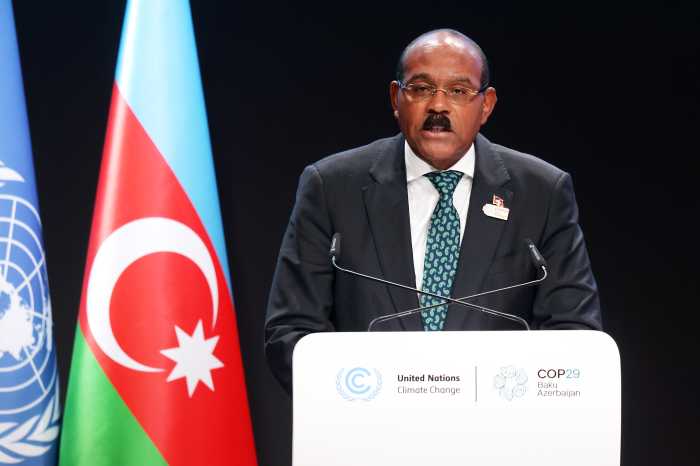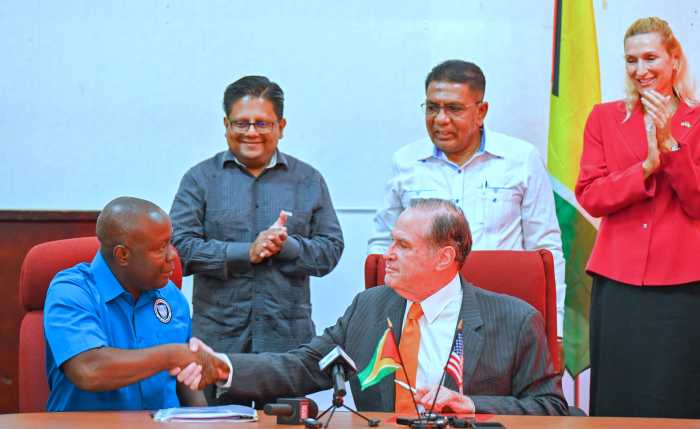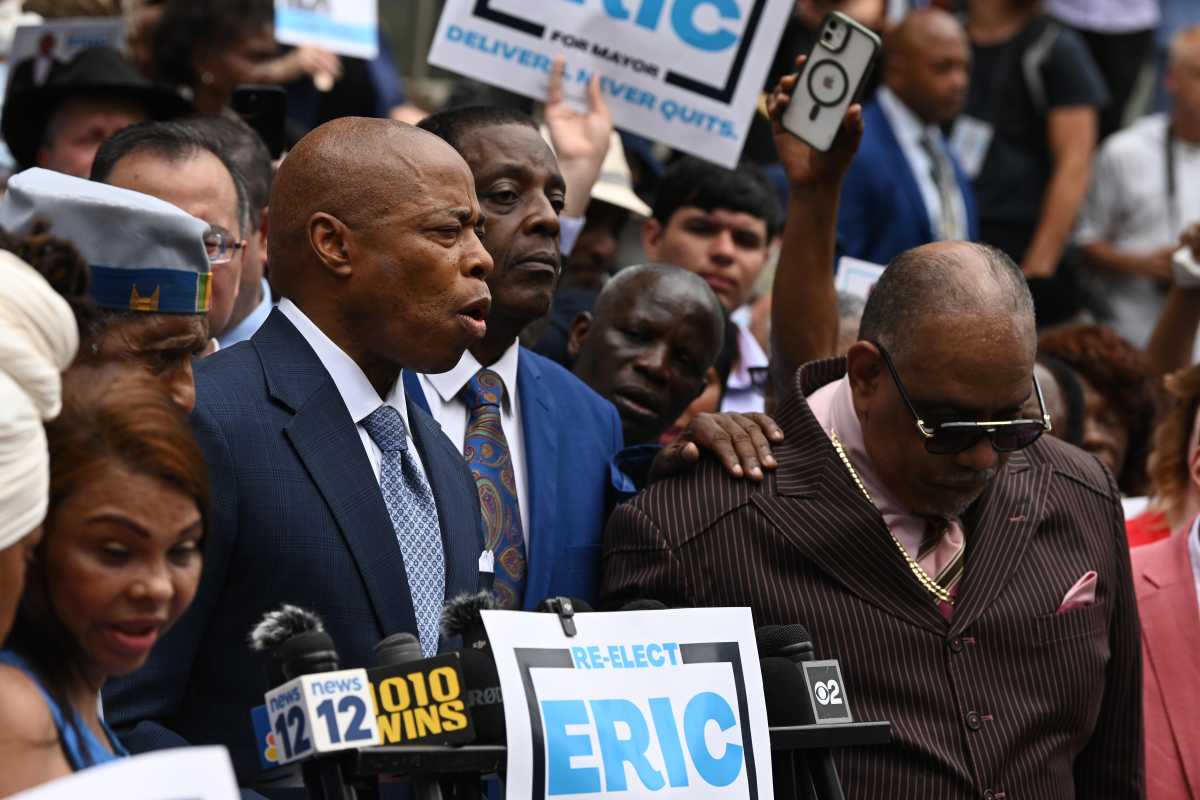Last week, a few government ministers were offering background briefings to reporters, expressing concerns that delays by United Nations Secretary General Antonio Guterres in sending the Guyana-Venezuela border row to the World Court for settlement probably meant that the world body was getting ready for the two sides to continue talking for another while yet.
But on Tuesday, just as the Guyana cabinet was midway through its weekly review session, word came from UN headquarters in Manhattan that Guterres had indeed decided to send the dispute to the International Court of Justice in The Hague largely because nearly 30 years of UN mediation had failed abysmally.
Venezuela was fighting this battle on two fronts. It had expressed a preference for keeping up decades of pressure and stress on Guyana by opting for continued talks while at the same time trying to get the UN system to pressure Guyana into giving up some of its oil and gas-rich marine space in keeping with its century-old belief that an 1899 boundaries commission which had settled borders between the two nations had cheated Venezuela out of large tracts of marine space and land areas. This is despite the fact that Venezuela was represented on that international boundaries commission.
For its part, Guyana, tired of being bullied by a much mightier Venezuela and forced to watch helplessly and haplessly as investor after investor walked away from projects in the area that Venezuela disputes, has been insisting on the matter being taken to the World Court for a second once and for all settlement.
Foreign Minister Carl Greenidge has several times given more than a hint of how previous years of mediation talks had gone, often dismissing them as time wasting and destined to failure.
Guyana had since the time of previous UN boss Ban Ki Moon had asked the UN to refer the case to international judges but Ban had ordered them to talk for all of 2017 and based on what progress was made, he and successor Guterres would either order them to keep going or would send the case for adjudication.
Ban and Guterres had promised an end of 2017 timeline to make a decision but some level of panic was beginning to set in among high Guyanese officials as they feared that more talks would be ordered.
But all this changed while cabinet was in session on Tuesday as Guyana’s ambassador in Washington was summoned to New York to receive documents that sent the case to the World Court. For the Caribbean Community nation which serves as the community’s headquarters, the decision represented a monumental victory for the country and for the administration of President David Granger which had insisted that the time had come to stop the decades of Venezuelan bullying by having a world body pronounce on boundary lines.
The foreign ministry quickly put out a statement hailing the decision, suggesting that “Guyana has always held the view that the ICJ is the appropriate forum for the peaceful and definitive settlement of the controversy, and is pleased that that view has prevailed under the process developed by both Secretary General Ban Ki Moon and Secretary General Antonio Guterres.
It said that it Guyana wanted the world to know that the country” has stood firm against Venezuela’s attempt to re-open a territorial boundary settled and recognized for half a century before its independence, and done so despite the manifest unequal strengths between the two countries, is to our national credit. Guyana, as one of the world’s small developing countries, is pleased that its reliance on the rule of law internationally has been the underpinning of its national sovereignty.
Relations between the two neighbors have been at the lowest levels in recent years especially after US oil giant ExxonMobil, which has had its own assets nationalization problems with Venezuela, had back in 2015 found huge deposits of oil and gas in the offshore area that Venezuela claims.
Caracas quickly redrew maps to encompass all of Exxon’s oil fields and large tracts of sea space that are traditionally known as Guyana’s but Exxon has marched ahead regardless, even when Venezuela’s government and military ordered its drilling rig and support ships to leave the area.
The company and its partners have in the intervening months announced plans to drill nearly 60 wells, ignoring any and all edicts from Venezuelan government officials. If this is not enough, all of the world’s leading oil companies — TOTAL of France, Repsol of Spain, ENI of Italy, Tullow Oil of Spain, Chevron, British Petroleum and others — either have concessions in the area near Exxon or are bidding for exploration blocs. And Exxon has ironically gifted Guyana $18M to pay attorneys and researchers to fight the case.


























